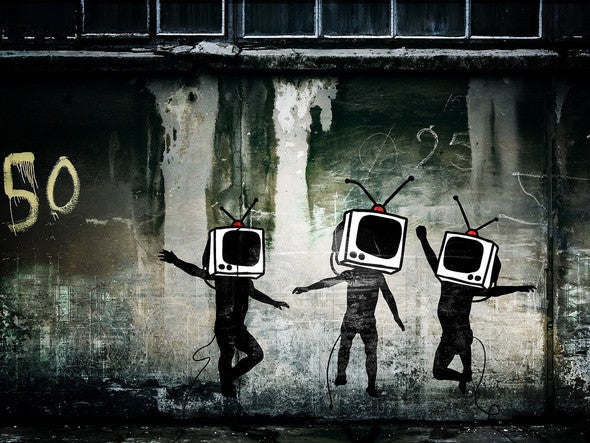As Game of Thrones approaches the finale of its fifth season, the show faces an interesting dilemma. It has caught up with its inspiration, George R. R. Martin’s epic fantasy series A Song of Ice and Fire, and is set to outpace it in the upcoming sixth season, venturing into territory that the books have not yet explored. While Martin stated in an April 2015 interview that he hoped the sixth book in the series, The Winds of Winter, would be published before the series premiered in 2016, the likelihood that the seventh book, A Dream of Spring, will be written before the series exhausts the material of The Winds of Winter is close to impossible.
As Game of Thrones approaches the finale of its fifth season, the show faces an interesting dilemma. It has caught up with its inspiration, George R. R. Martin’s epic fantasy series A Song of Ice and Fire, and is set to outpace it in the upcoming sixth season, venturing into territory that the books have not yet explored. While Martin stated in an April 2015 interview that he hoped the sixth book in the series, The Winds of Winter, would be published before the series premiered in 2016, the likelihood that the seventh book, A Dream of Spring, will be written before the series exhausts the material of The Winds of Winter is close to impossible.








